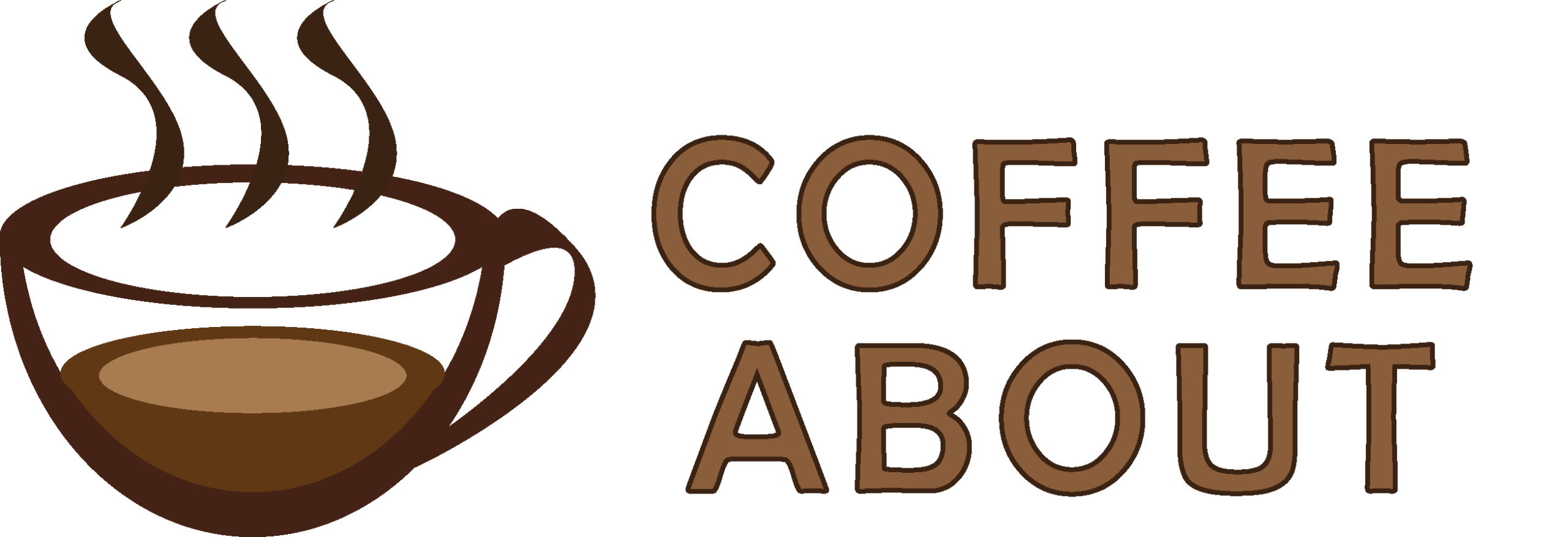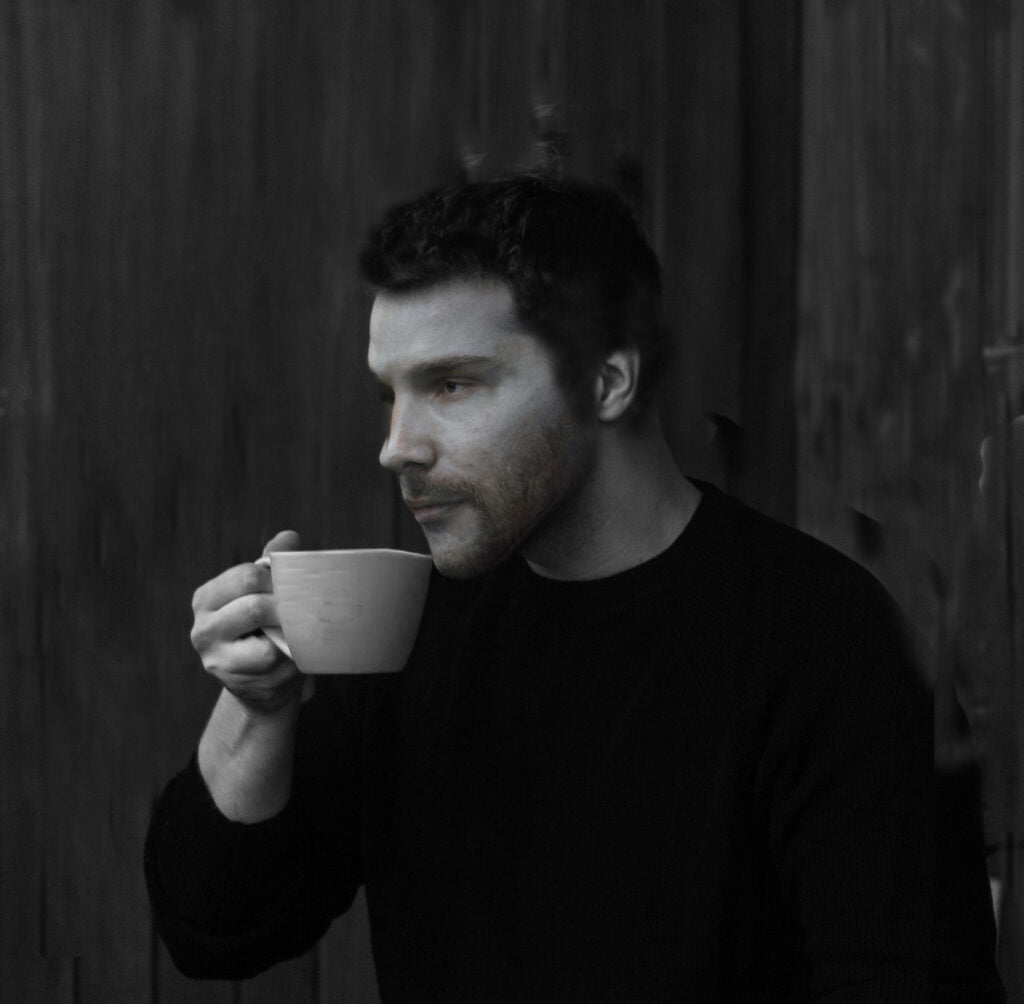Most healthy persons can normally consume 3-6 shots of espresso without any side effects. Going beyond that can cause jitters, anxiety, and even heart palpitations. They healthy limits of caffeine for adults in 400 mg/day and a shot of Espresso has around 60-70 mg of caffeine.
Listen to your body and don’t overdo it – exceeding more than 6 shots can put you at risk for caffeine toxicity. Read on to learn the healthiest daily limits for espresso consumption.
How many Espresso shots in a day?
Caffeine sensitivity varies across individuals. Therefore, everyone should moderate his espresso intake according to their body.
Although Espresso has many benefits but excessive caffeine consumption (the main ingredient in Espresso) can cause some serious health hazards.
A shot of Espresso has around 60-72 mg of caffeine while a double shot of Espresso has 120-133 mg of caffeine.
- According to the Food and Drug Administration, a healthy adult can take a maximum daily caffeine intake of 400 mg. That makes around 6 shots of Espresso at max.
- The recommended 400 mg caffeine limit applies only to healthy adults. For breastfeeding women, teenagers, and individuals with specific health conditions, this limit should be reduced to less than 200 mg per day.

What Factors Affects the Espresso Tolerance?
Caffeine tolerance can vary from person to person. Some factors that affect caffeine tolerance include
- Genetics: Genetics play a role in how individuals process caffeine. Some people may be genetically predisposed to metabolize caffeine more slowly or quickly than others.
- Age: As people age, their bodies may become less efficient at metabolizing caffeine. Older adults are more sensitive to the effects of caffeine.
- Gender: Women (especially breastfeeding women) can have more harmful effects than men. They may also metabolize caffeine more slowly than men.
- Medications: Certain medications can affect caffeine metabolism and tolerance. For example, some antidepressants and antibiotics can interfere with the liver’s ability to metabolize caffeine, leading to increased sensitivity to its effects.
- Lifestyle factors: Lifestyle factors such as stress, diet, and sleep habits can also affect caffeine tolerance. Individuals with anxiety or lack of sleep have more caffeine issues than well-rested and relaxed ones.
How many shots of espresso are lethal?
Caffeine overdose is extremely rare but it can happen if you drink Espresso shots one after another carelessly.
According to research from McGill University:
“A lethal amount of caffeine is about 180 mg/L, which has been determined by examining the blood of patients who died from an overdose. When you consume ~100 mg of caffeine, it raises your blood caffeine levels by about 5 mg/L, meaning it’ll take almost 40 cups of coffee to be lethal.”
Remember 40 is the highest limit that can kill you!
Otherwise crossing the 400 mg caffeine limit (more than 6 shots) day after day can have long-term side effects on your health and disturb your health condition slowly.
Based on FDA research, consuming over 1,200 milligrams of caffeine daily may lead to symptoms such as rapid heartbeat, muscle tremors, and nausea, which can be life-threatening.
Be mindful of caffeine intake and listen to your body’s signals to avoid adverse side effects.
What are the risks of drinking too much Espresso?
While Espresso has some potential health benefits when consumed in moderation, drinking too much can negatively affect health. Here are some potential risks of drinking too much coffee:
- Insomnia and disrupted sleep: Caffeine is a stimulant that can interfere with sleep and disrupt the body’s natural sleep-wake cycle.
- Increased heart rate and blood pressure: Caffeine intake can trigger an increase in heart rate and blood pressure, posing a risk to individuals with underlying heart conditions or those already susceptible to cardiovascular diseases.
- Digestive issues: Coffee can stimulate the production of stomach acid, leading to digestive problems.
- Anxiety and jitteriness: Consuming too much coffee can lead to feelings of anxiety, nervousness, and agitation. It can be especially problematic for individuals with anxiety disorders or prone to panic attacks.
- Addiction and withdrawal: Espresso can be addictive for some people. It can cause physical dependence, resulting in withdrawal symptoms such as headaches, fatigue, and irritability when caffeine consumption is decreased or discontinued.
The Healthy Limits of Espresso vs Coffee
As described earlier, the healthy limits of caffeine for adults in a day is 400 mg.
Regular brewed coffee packs around 80-120mg of caffeine per 8 oz cup, so the general limit is around 4 cups per day. With espresso, you get around 60-72mg of caffeine per 1 oz shot. So the healthy limit would be around 6 shots per day.
Plus, espresso is less acidic and tends to be gentler on the stomach compared to coffee.
The Benefits of Espresso when you drink within healthy limits
1. Improves Cognitive Function: Caffeine in Espresso increases mental acuity, psychomotor function, and attention span.
2. Improves Mental alertness: Espresso can stimulate the central nervous system, helping to improve mental alertness, concentration, and cognitive performance.
3. Faster Metabolism: Coffee makes the ideal combination with other “Thermogenic Foods,” which support your metabolism. Your body can also benefit from espresso while working out.
4. Better results of Exercise: According to a study published in the Journal of Medicine and Science in Sports, coffee made exercise seem less complicated. Take an espresso shot before you go to the gym to help you achieve your fitness objectives.
5. Fewer Diabetes Chances: Moderate coffee consumption has also been associated with a reduced risk of certain diseases.
Read a guide on Espresso Health Benefits
What’s the best time to drink Espresso?
You can drink it according to your own preference. You can see the benefits of taking it at different times in the following table and choose the best for you:
| Time | Benefit |
| Morning | Increases alertness and energy level |
| Mid-morning or mid-afternoon | Increases productivity and metabolism |
| Before a workout | Improves athletic performance and endurance |
| After a meal | Stimulates digestion and reduces feelings of bloating or discomfort. |
Being a workaholic, I prefer to take hot espresso shots in the morning and afternoon to have more energy and alertness.
You should avoid Espresso 2-4 hours before going to sleep as the high concentration of caffeine in Espresso can cause sleep disruption.
Is It OK To Drink Espresso On An Empty Stomach?
It’s not ideal to drink Espresso on an empty stomach if you have a sensitive system! The acidity and caffeine blast from espresso can cause stomach irritation when consumed without any food to buffer it.
But if you have an iron stomach and no issues? Bottom’s up! Some people’s systems can handle espresso even on an empty stomach. Just listen to your own body.
Final Thoughts
And there you have it folks – the need-to-know on how much espresso is too much before you hit caffeine overload! I know it can be tempting to gulp down shot after shot, but more than 5 or 6 per day is really pushing it in terms of your health.
Let me know in the comments if you’ve ever felt like you overdid it on the espresso shots – I bet we’ve all been there!



